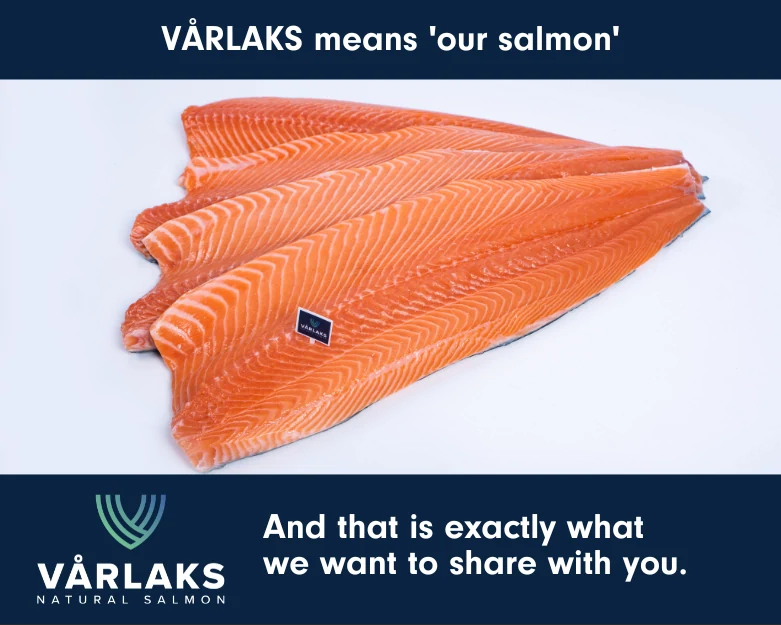A recent choice in terminology has left us scratching our heads.
A headline in The Guardian on Tuesday will have caught the eye of anyone with an interest in aquaculture, “‘Unacceptable Greenwashing’: Scottish Farmed Salmon Should Not Be Labelled Organic, Say Charities.”
The article highlighted an open letter by a number of well known activist groups who contend that the Soil Association’s certification of Scottish farmed salmon as “organic” is nothing short of an environmental affront.
Forehead raising
Fair enough, that is their right, but it is the it’s the language of the headline that’s making us raise an eyebrow — or perhaps an entire forehead.
Here’s the catch (no pun intended): With reporting, the use of words is important. the article casually refers to activist groups in this context as “charities.” Cue the collective raised eyebrows.
Now, when we think of “charities,” we often picture organizations generously doling out financial aid or support to those in need. Heartwarming stuff, really. But activist groups? It’s not quite the same thing.
Describing these folks as “charities” in this context gives off a vibe that’s slightly off-key. It’s like calling a hammer a musical instrument—it may technically fit the definition, but it doesn’t quite hit the right note.
Yes, some of these activist groups may have charitable aspects or engage in charitable work, but let’s not forget their primary role: advocacy.
Charities primarily focus on providing direct support, resources, or aid to individuals or communities in need. They engage in activities like fundraising, delivering essential services, and alleviating immediate suffering.









